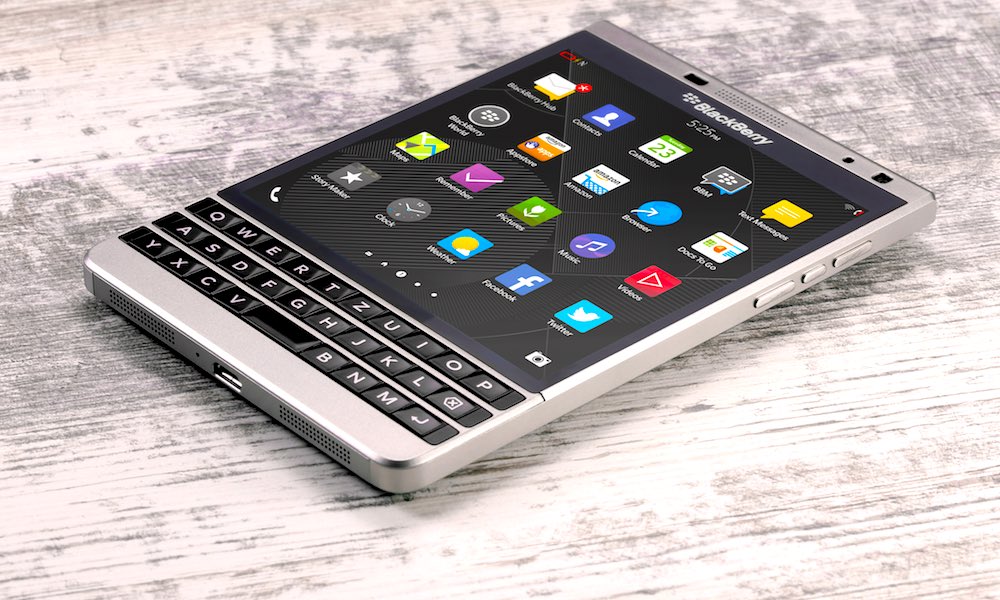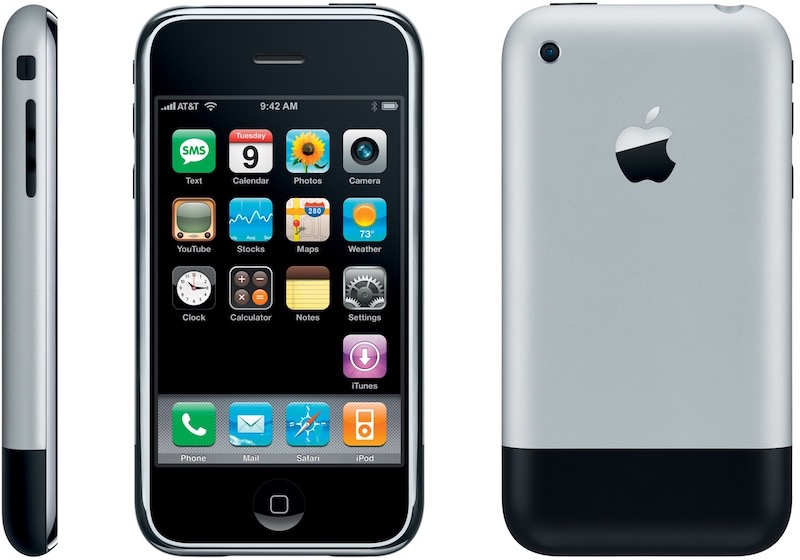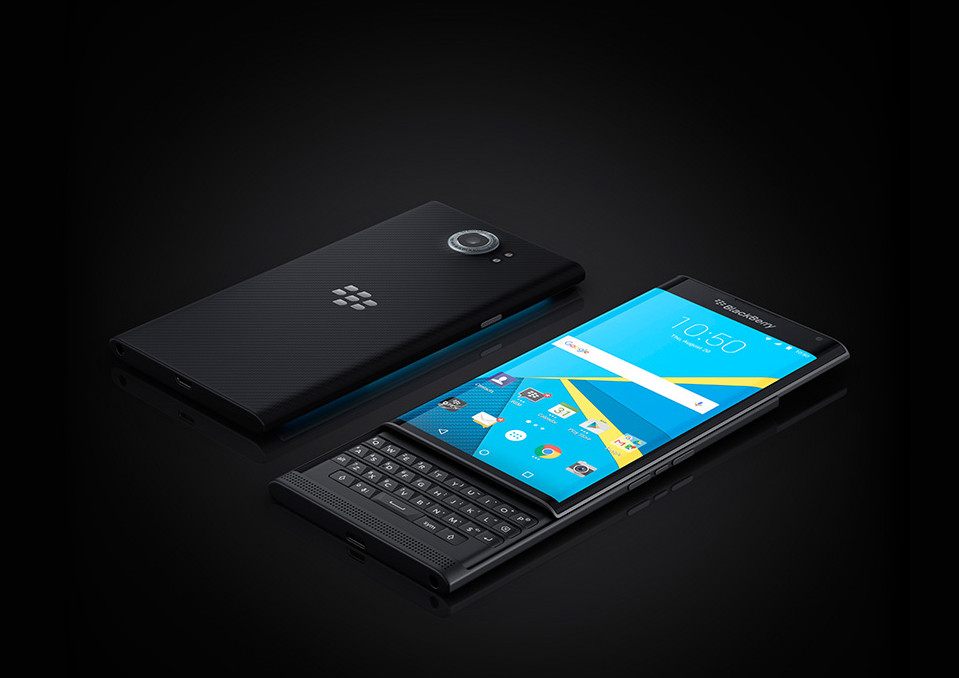Is This the Final Nail in the Coffin? How Apple Killed Blackberry

Toggle Dark Mode
The iPhone was launched in 2007, and since then has been perhaps the biggest success story of the smartphone industry. It changed the way common households perceived smartphones, eventually revolutionizing how we interact with the internet and how we communicate with our friends, family, and everyone in between.
As you might remember, however, Apple hasn’t always been the king of the phone world – there was a time when the now-humble Blackberry sat on that throne. And now, Blackberry is trying to make a comeback, having announced that it will release two mid-range phones to try and make a last ditch effort. If these phones don’t take off, it’s likely the end for Blackberry as a phone-maker. But how did Blackberry fall so hard so fast? Let’s look back for a moment.
It’s 2007. Blackberry has released hit after hit, being hailed for offering a full keyboard rather than the numerical keyboards most other phones on the market were offering. It had a $140 stock price per share and had people texting, emailing, and even surfing the web, straight from their phones. Then, Apple announced the iPhone.
At the time, Apple had already reinvented the music consumption industry with the iPod, and the computer industry with the iMac and MacBook. The iPhone, however, was a different beast.
The iPhone had its own operating system, iOS, and a full touchscreen display. No longer did the user need to keep track of a stylus – the user’s fingers were the styluses. Blackberry, by comparison, had no touchscreen phones, and its devices were largely aimed at the professional.
Of course, Blackberry executives and Microsoft executives alike stood by their products, saying that the iPhone wasn’t a threat at all, mostly because the iPhone wasn’t catered to the enterprise.
Blackberry continued to talk about its future, but showed little and was swamped in delays. A few loyal fans were holding on to their Blackberrys, but the vast majority had jumped ship. In 2013, Blackberry held a press conference and announced the Z10 and the Q10 phones with Blackberry’s interesting gesture based operating system. Some thought that Blackberry would bounce back, and stock prices began to go up in anticipation. Only problem was, the phones didn’t sell, and the ones that did sell were more than flawed, with the already-difficult-to-learn operating system needing several patches.
Since then, their smartphone sales have been lackluster. John Chen has taken over, and has made some great changes at the company, including adopting Android for an incredibly cool slide-out touch-screen smartphone known as the Priv. Even though the Priv could’ve been a winner, it ultimately failed because it was overpriced at launch. Only time will tell if Blackberry really is able to bounce back, but it seems like it’s too little too late.
It’s certainly interesting that the company has chosen to release mid-range handsets now. Apple just announced its own “budget” phone, the iPhone SE, and while sales of the device have yet to be determined, given the choice it’s hard to imagine users choosing a mid-range Blackberry over a mid-range iPhone. Perhaps the only things that Blackberry will have going for it is price – the iPhone SE costs $399 off-contract, and it’s certainly likely that the Blackberry devices will come in under that.
Blackberry has faded into obscurity when it comes to the handset industry. It will need to come out with some seriously amazing products to regain its status. However, given the choice between a mid-range Blackberry device, mid-range Samsung device, and now a mid-range iPhone, it’s hard to imagine customers going for the Blackberry.
Learn More: Apple to Use ‘Fan-Out’ Technology to Make iPhone 7 Thinner
What do you think about Blackberry as a whole? Is there still hope for the company or should they wrap it up and head home? Let us know in the comments below.
Featured photo © Leszekkobusinski | Dreamstime.com – BlackBerry Passport On Wooden Table Photo








